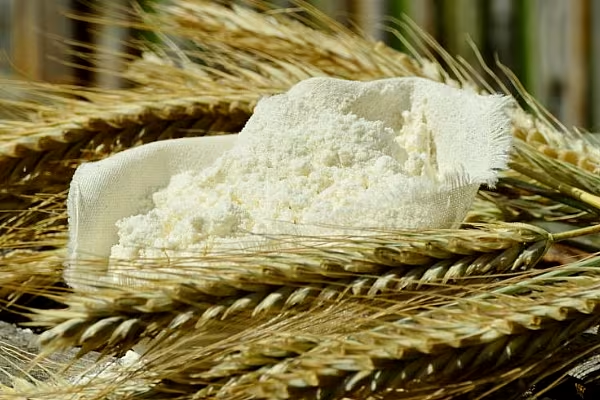Consultancy Strategie Grains has lowered its monthly forecast for European Union soft wheat exports in 2021/22, saying Russian shipments had held up better than expected in the face of Western sanctions over its invasion of Ukraine.
The French firm now sees EU soft wheat exports for the season that ends in June at 29.9 million tonnes, 1.5 million tonnes – or 4.8% – below its April forecast.
Moscow's invasion of fellow grain exporter Ukraine in late February stalled Ukrainian shipments and triggered Western financial sanctions that raised uncertainty about Russia's capacity to export grain.
However, data has since shown Russian shipments have recovered from a dip and are expected to fill a quota set by Moscow for the latter part of the season.
EU Export Outlook
The reduced EU export outlook should allow the bloc to show a wheat surplus at the end of the season, Strategie Grains said in its monthly cereal report.
It increased its forecast for EU soft wheat exports next season, to 30.8 million tonnes from 30.3 million, but also saw Russian competition limiting potential for the EU to supply a world market facing a prolonged loss of Ukrainian exports.
The EU was also expected to show a wheat surplus at the end of 2022/23, despite a smaller anticipated harvest, with high prices linked to the Ukraine war seen reducing demand, Strategie Grains said.
The consultancy reduced its forecast for EU soft wheat production in 2022/23 to 126.2 million tonnes from 126.7 million last month and compared with 130.3 million in 2021/22.
Read More: EU Cuts 2022/23 Wheat Crop Forecast, Still Sees Record Exports
Crop Area Estimate
The revision reflected a reduced estimate of crop area, but Strategie Grains warned dry conditions in Europe, particularly France, were also threatening yield potential.
It reduced its forecast for 2022/23 EU barley production by 200,000 tonnes to 51.7 million tonnes, and lowered projected EU maize output by 400,000 tonnes to 66.7 million.
EU maize supply next season was expected to be much tighter than for wheat and barley, reflecting Ukraine's greater share of global trade of maize and weather risks to U.S. and Brazilian crops, Strategie Grains said.














